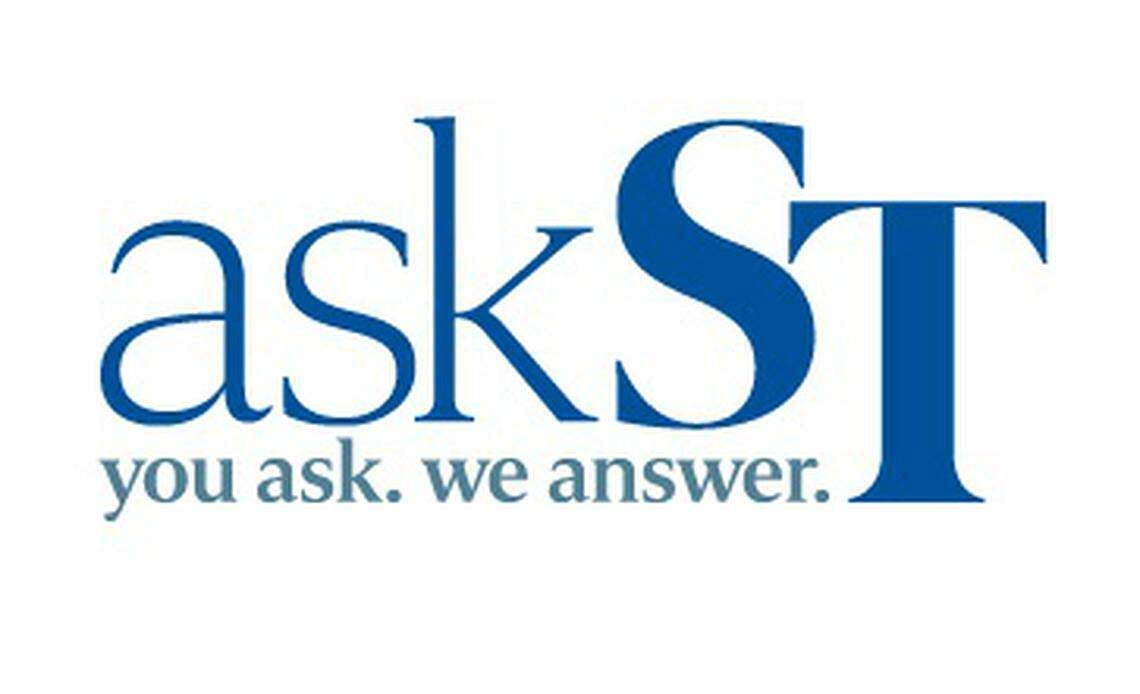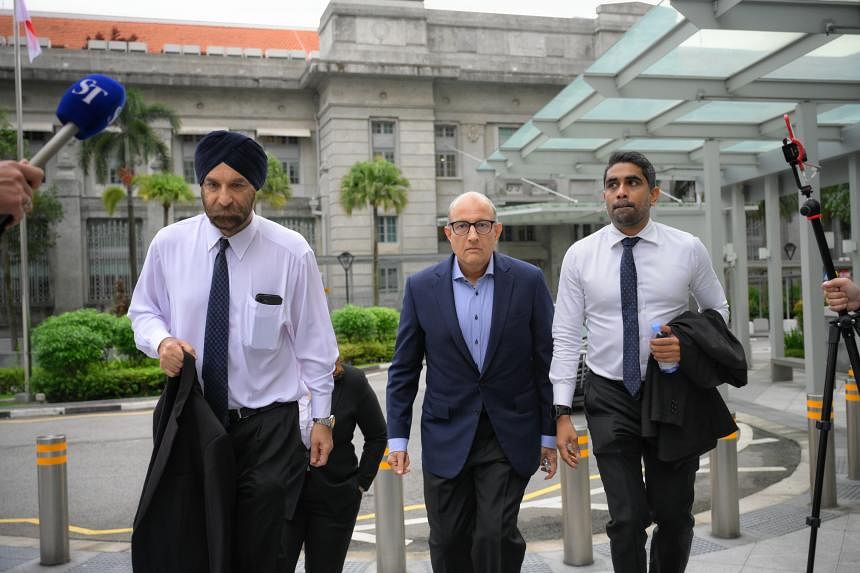SINGAPORE – Former transport minister S. Iswaran’s case is the first time in 153 years that anyone in Singapore has been reported to be charged under Section 165 of the Penal Code, since 1871 when the Penal Code was introduced here.
Legal experts and lawyers told The Straits Times that no other person here is believed to have been charged before under this Section, which makes it an offence for a public servant to accept gifts from someone involved with them in an official capacity.
Of the 27 charges Iswaran faces, 24 of them fall under Section 165.
He is accused of obtaining items worth more than $218,000 – including tickets to musicals and football matches – from billionaire hotelier Ong Beng Seng.
Iswaran also faces two charges under the Prevention of Corruption Act (PCA) and one charge of obstructing the course of justice.
The value of the items in Iswaran’s 27 charges is more than $380,000.
1. What constitutes an offence under Section 165 of the Penal Code?
Adjunct Professor Kevin Tan from the National University of Singapore’s (NUS) law school said the offence penalises public servants who obtain or accept gifts, or attempt to do so, from an individual with whom the public servant has official dealings without necessarily giving or doing anything in return.
He added that Section 165, which has been in the Penal Code since it was introduced in Singapore in 1871, is intended to deter public servants from abusing their positions to enrich themselves or others.
In Iswaran’s case, he is accused of obtaining valuable items from Mr Ong, who is founder and managing director of Hotel Properties Limited and chairman of Singapore GP, which organises the Formula One night race at the Marina Bay Street Circuit annually.
Mr Ong has not been charged.
ST reported earlier that in the mid-2000s, then junior trade minister Iswaran and Mr Ong convinced then Formula One Group chief executive Bernie Ecclestone to make Singapore the venue for the sport’s first night race, starting in 2008.
Singapore Management University associate professor of law Eugene Tan said that while Singapore has no reported cases under Section 165, countries such as Malaysia and Brunei have used the provision in their penal codes.
He pointed to the case of former Selangor chief minister Mohamad Khir Toyo, who was sentenced to a year in jail in September 2015 after he was convicted of corruption charges, including those under Section 165 of Malaysia’s Penal Code.
Mohamad Khir was found guilty of buying land and property below market value from a businessman who had dealings with him at the time.
Another case involved former Brunei minister of development Ismail bin Pengiran Damit, who was sentenced to seven years in prison in 2010 after being convicted of 11 corruption charges, including eight offences under the Brunei Penal Code’s Section 165.
He was found guilty of accepting gratification from a managing director of a building contractor who had contracts with the Brunei government.
Prof Eugene Tan said the defence and prosecution on Iswaran’s case could refer to cases abroad involving Section 165 when presenting their interpretations of the provision.
If convicted of an offence under Section 165, Iswaran faces a punishment of up to two years’ jail, a fine, or both.
2. How are offences under Section 165 different from those under the PCA?
The PCA defines the primary offences of corruption and their punishments in Singapore.
In Iswaran’s PCA charges, he is accused of corruptly obtaining F1 tickets, flights between Singapore and Doha, and a night’s stay in Four Seasons Doha from Mr Ong in exchange for advancing the latter’s business interests.
These business interests include a facilitation agreement between Singapore GP and the Singapore Tourism Board (STB), and a proposal for a contract with STB to hold a concert in Singapore.
Assistant Professor Benny Tan from NUS law school said there are additional elements that the prosecution needs to prove for offences under the PCA, which is Singapore’s primary anti-corruption legislation, as opposed to Section 165.
He added: “Under Sections 5 and 6 of the PCA, the prosecution needs to prove that the gratification was used as an inducement for some kind of benefit. The PCA can apply to anyone, not just public servants.
“But for Section 165 offences, the prosecution does not need to prove that a favour was given in exchange for something in return.”
Therefore, the law professor said, offences under the PCA carry a more severe punishment of a jail term of up to five years, a fine of up to $100,000, or both.
As Iswaran’s alleged PCA offences involve contracts with STB, a statutory board, he faces a higher maximum sentence if convicted.
The maximum punishment for each of his PCA offences is a jail term of up to seven years, a fine of up to $100,000, or both.
3. Is it an offence if I receive gifts from someone I have business dealings with?
Lawyers said the rules are stricter in the public service than in the private sector.
Under Singapore’s public service rules on gifts, civil servants cannot retain gifts worth more than $50, unless they pay the market value of the gift to the Government.
Minister-in-charge of Public Service Chan Chun Sing said in Parliament in August 2023 that political office-holders adopt “similar spirit and principles” in their official activities and there are specific rules spelt out in the code of conduct for ministers.
For the private sector, senior criminal defence lawyer Rajan Supramaniam from Regent Law said different companies have their own guidelines on how to deal with gift-giving.
He added: “It is better to be transparent and declare what you have received to your department or superiors to avoid being in a grey area.
“You never know if accepting a gift from a client, for example, may lead to them making a request in future, which you may feel obligated to accede to, and doing so may constitute a corruption offence.”
4. What’s next for Iswaran, and how long will his case take?
Iswaran told the court on Jan 18 that he intends to plead not guilty.
Prof Benny Tan said that does not mean the former minister will definitely be claiming trial eventually, as the accused can change his mind during pre-trial conferences (PTCs).
“During PTCs, the prosecution may make a plea offer and the defence, after reviewing the evidence, may also be able to persuade the prosecution to drop charges,” he added.
Mr Supramaniam said Iswaran’s case could stretch to the next year, as it depends on the course of action the former minister takes and how complex the case is.



